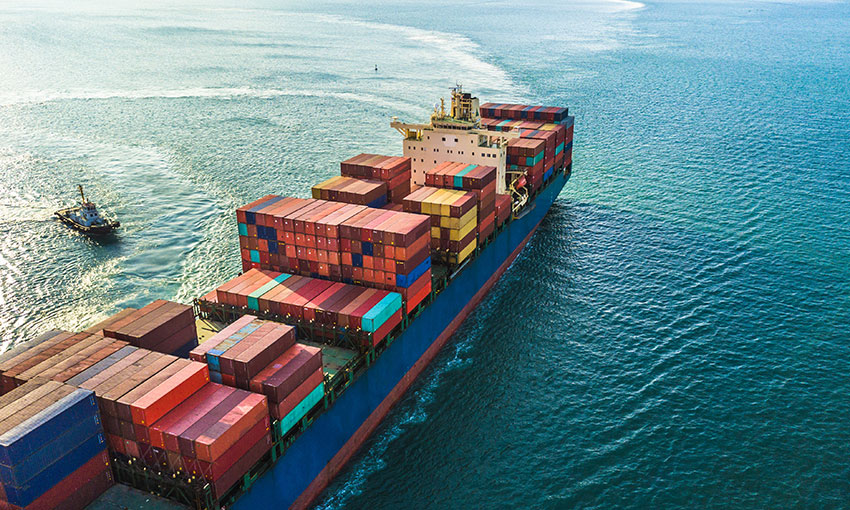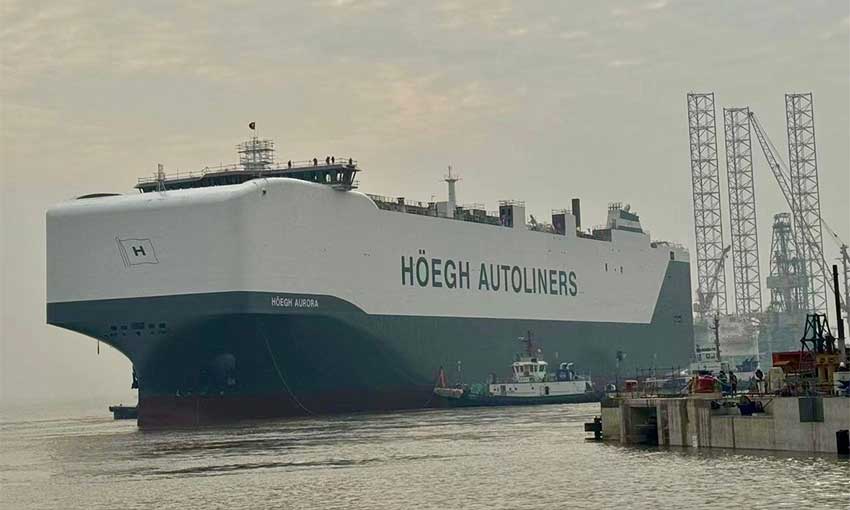THE SEA Cargo Charter Association is calling for more ambitious decarbonisation targets following the release of its annual emissions report.
The Sea Cargo Charter is a framework that aims to measure and report how ship charterers’ activities align with society’s decarbonisation goals.
Data and findings are disclosed in the Sea Cargo Charter Annual Disclosure Report, now in its second year of reporting. The latest report covers data from 2022.
The Global Maritime Forum, which publishes the report, claims the 33 charter signatories account for more than 17% of total bulk cargo transported by sea last year.
The latest disclosure report suggests the average climate alignment of signatories is at the same level as reported in 2021, but the variation of data has decreased.
GMF said variations decreased because of changes to chemical and liquefied gas tanker baselines, trade patterns and better operational efficiency.
Sea Cargo Charter Association chair Rasmus Bach Nielsen said decisions the maritime industry makes now are important for achieving full decarbonisation by 2050.
“The data in the Sea Cargo Charter report shows signatories’ dedication to measuring and reporting transparently their climate impact as an essential first step towards reducing emissions,” he said.
Mr Nielsen said he hopes and believes the International Maritime Organization will agree on “significantly more ambitious” decarbonisation targets at the Marine Environment Protection Committee meeting (MEPC80) in July.
“We would like to add our voice to those calling for ambitious targets on decarbonisation to be adopted at the IMO meeting to adopt a revised Strategy for Reduction of Greenhouse Gas Emissions from ships,” he said.
“Achieving these reduction targets is essential for the industry to play its role in addressing climate change, and it will require an appropriate policy framework that allows companies to take the commercial decisions needed to accelerate decarbonisation and it will also assist Sea Cargo Charter in establishing future enhanced baseline targets.
“The key is that while it is fine to have big targets we also need a regulatory framework where it can be realistic to reach these.”
GMF said a charter association meeting in April explored ways to make reporting more robust and whether ambition levels should be raised.
It said many signatories preferred to wait for the outcome of the MEPC80 before setting plans because, according to GMF, the meeting would have significant implications on the industry’s ability to deliver on Paris Agreement goals.
“Our signatories recognise that their role in the industry affords them opportunities to promote responsible environmental stewardship and drive change throughout the maritime value chain,” Sea Cargo Charter Association vice chair Eman Abdalla said.
“The data in the report is thus a basis for further developing cooperation with shipping business partners,” she said.
“The data will provide insights that enhance our joint strategic decision-making and help us address climate change.”
Ms Abdalla said the association plans to open its membership scope to include shipowners, in addition to charterers and cargo owners.





